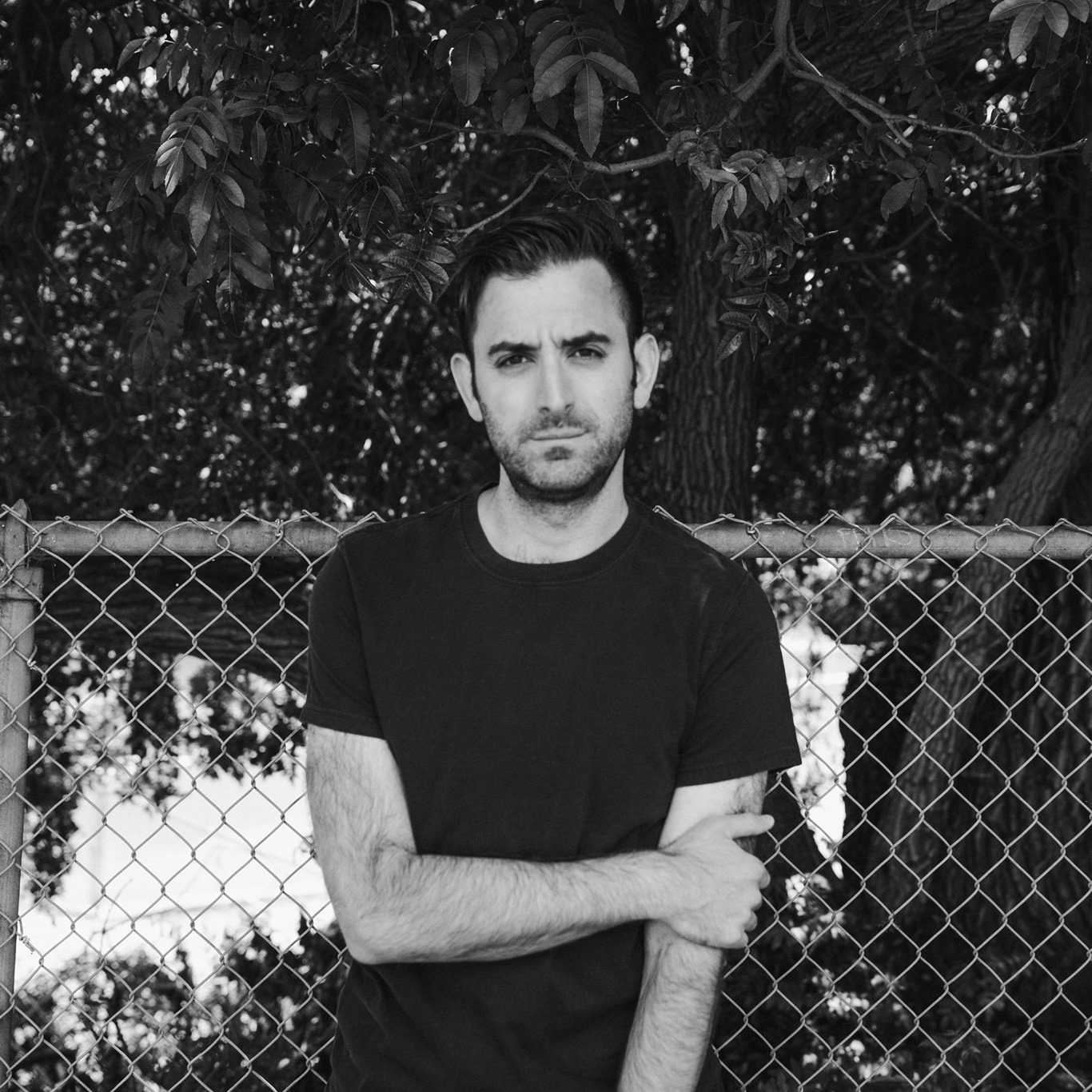Ralphie (Jesse Eisenberg) is having a rough go at things lately (and that might be a sort of an understatement). He recently lost his full-time job and is ride-sharing until he decides what to do next. His girlfriend, Sal (Odessa Young), is pregnant and is very close to going into labor while working at a convenience store. The pressure of trying to make a decent living wage and carve out somewhat of a personal direction works together as an emotional ticking time bomb inside him. The first scenes within writer/director John Trengove’s Manodrome unfurl like a negative snowball. While taking a new mother (played by Riley Keough) to her destination, Ralphie freaks her out by staring at her breastfeeding. The only solace is the gym, where he does an inspired posedown in the mirror after an intense workout. During this selfie session, Ralphie starts breaking down into tears.
Manodrome has a lot of classic patriarchal themes touched on in works like Fight Club and maybe even Joker — while taking on more modern “incel” descriptions, confused sexuality, and male worthiness. It’s a formidable task because there is so much packed within Ralphie’s psyche and those in his immediate circle. The societal factors of men with deep emotional wounds and aimless aspirations could be dangerous when infused with nefarious teachings. It’s a principle Trengrove tries to stick to as the film goes deeper into what is really at the heart of Ralphie’s disconnection with the world.
For starters, he doesn’t have a lot of friends other than a drug dealer named Jason (Philip Ettinger). However, Jason might have an answer that could potentially cure most of Ralphie’s problems as he introduces him to a collection of once-wayward dudes (or, let’s say, a cult). They are headed by a man named Dan (Adrien Brody). Dan is in the business of “men getting back their masculinity,” which entails his followers leaving their spouses, living at a compound, and taking a vow of celibacy. There are even name denominations within this group — new followers are “sons,” and the eldest are called “dads.” Someone as empty and directionless as Ralphie would be easily manipulated to be a drone for the cause. The audience finds out Dan has been divorced three times, so perhaps it’s time to take a look in the mirror, buddy!
What makes the good things work inside Manodrome are the performances. Eisenberg’s trademark awkwardness is suitable for this character. Ralphie is quiet, passive-aggressive, diminutive, and afraid to voice the many things that are bothering him. When she’s on screen, Odessa Young walks the line between someone trying to be a safe space for their partner and a first-time mother scared to death at this sudden erratic behavior. There is more to be done with her character, which Manodrome leaves unresolved. It would have been great to investigate further her commitment to leave her past behind in contrast to Ralphie. Brody’s Dan is as insidious as many “manosphere” commentators on YouTube and podcasts today. He also carries a certain air of charisma. It’s why his message of machismo and rejecting anything remotely feminine acts like a dinner bell that scoffs at vulnerability.
These two dynamics escalate in many of the ways you’d expect. As Ralphie gets closer to this “men empowerment” group, the lesser his connection to Sal is. Where the problem exists is having all the issues warring inside Ralphie to come together cohesively. The pressure of capitalism sucks, especially when you have another mouth to feed on the way. That’s enough to drive anybody to feed off an overdrive of anxiety looking for answers. However, a subplot emerges that considers Ralphie’s abandoned father and how this unresolved issue is a primary driver. While toxic masculinity’s onslaught could arise from different factors, this plot point feels like it comes in conflict with a specific instance of muddle clarity for Ralphie’s character.
With friends like Dan and the gang, who needs family? It’s exactly the problem Trengove’s feature highlights and tries to warn against. With that token, it bypasses all the deeper themes it could have used to flesh out its obvious warning signs.













